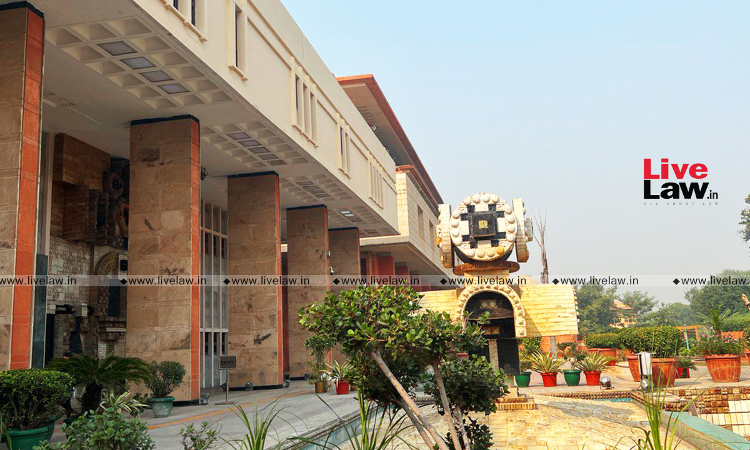No Privity Of Contract Between Parties, not party to MOU: Delhi High Court Dismisses Section 11(4) A&C Petition
Rajesh Kumar
24 March 2024 10:30 AM IST

Next Story
24 March 2024 10:30 AM IST
The Delhi High Court single bench of Justice Dinesh Kumar Sharma dismissed a petition under Section 11(4) of the Arbitration and Conciliation Act, 1996 noting that the Petitioners were not party to Memorandum of Understanding containing the arbitration clause, thus there was no privity of contract between the Petitioners and the Respondent. Brief Facts: The Petitioner approached...
